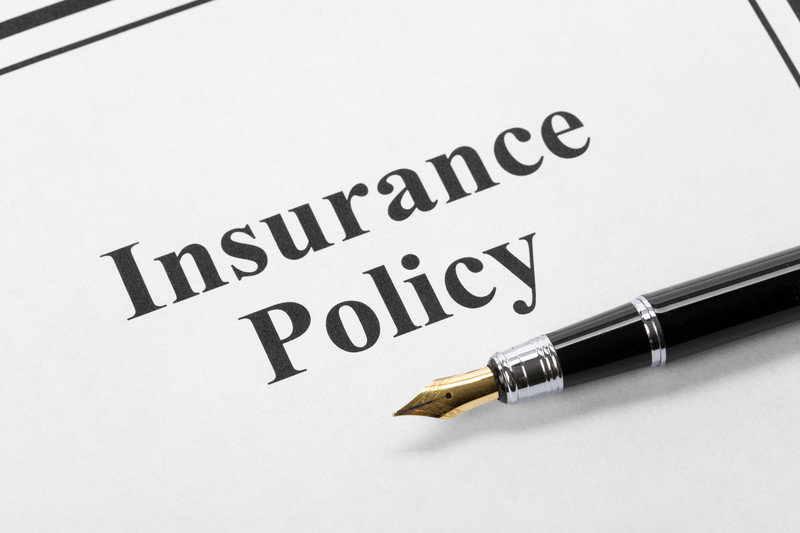
A great way to ensure your pet's safety is vets insurance. You can also get insurance to protect your practice in case of an unplanned event. For example, a vet's office can be damaged by fire, or an animal can clog a drain. These types of incidents can lead to high vet bills. You can be sure that your staff and assets will be covered with a veterinary insurance policy.
American Veterinary Medical Association, (AVMA), has a wide range of insurance options. They can help you find the right policy to cover your practice and your assets.
Insurance is essential for small veterinary practices. Insurance can help protect your business from a variety of risks, including loss of income and legal action. A good veterinary policy will not only protect your practice but also allow you to focus on your business.
The "keyperson absence" coverage is a standard protection for pet health insurance. This means that your veterinarian is always available to you in an emergency. However, it is not always possible.

Liability insurance, another important feature of pet insurance, is also a common one. Liability insurance helps protect your business against lawsuits, damage or injury to your property and employees.
The vet fee coverage is the most important aspect of a vet insurance policy. You can choose to cover your pet's vet bills or not. When you pay your deductible and co-pay, your vet will be reimbursed a percentage of the total vet bill.
The deductible and cost are two other important features to consider when choosing a vets policy. A majority of policies will deduct a percentage from the total amount due. Typically, this is a small percentage. Some pet insurance policies will not cover preexisting conditions. So, make sure to review the terms of your policy before signing up for a plan.
There are many kinds of pet insurance. But, there is one main benefit. These policies cover a veterinary cost for specific conditions. Some insurance companies only cover the copay. Others will deduct the whole deductible. To get the best deal, shop around and compare quotes from several companies.
Whether you're running a small practice or a large operation, it's a good idea to purchase a veterinary surgery insurance policy. Many of the policies available can be tailored to your individual needs.

Even the most comprehensive plans are not without their limitations. The typical policy covers only the smallest medical claim. You may need to wait several years to be eligible for benefits. Likewise, some policies only cover a few conditions, and they don't even offer lab tests outside of a hospital.
Keep in mind that your insurance company won't be able to cover you if you have a pre-existing medical condition. You should mention it to the vet when you take out the policy.